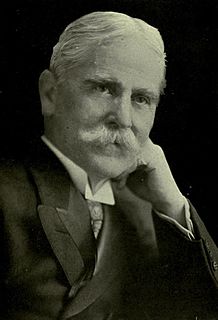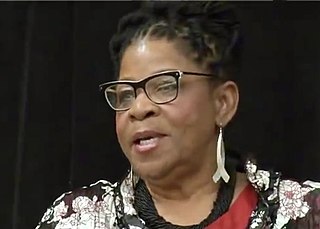A Quote by George Eliot
We are contented with our day when we have been able to bear our grief in silence, and act as if we were not suffering.
Related Quotes
If all the skies were sunshine Our faces would be fain To feel once more upon them The cooling splash of rain. If all the world were music, Our hearts would often long For one sweet strain of silence, To break the endless song If life were always merry, Our souls would seek relief, And rest from weary laughter In the quiet arms of grief.
Meditation is making research into yourself, and into the subtler fields of activity. Day after day we culture our minds with the deep silence of our own Being. This is not the silence of a stone, but creative silence. We have to find it for ourselves. We decrease activity until silence becomes creative, and we sit in creative silence and close the gates of perception for insight into the content of life.
On September 11th, 2001, in our time of grief, the American people came together. We offered our neighbors a hand and we offered the wounded our blood. We reaffirmed our ties to each other and our love of community and country. On that day, no matter where we came from, what God we prayed to, or what race or ethnicity we were, we were united as one American family.
To be good Christians you have to contemplate the suffering humanity of Jesus. "How can we bear witness? Contemplate Jesus. How can we forgive? Contemplate Jesus suffering. How can we not hate our neighbor? Contemplate Jesus suffering. How can we avoid gossiping about our neighbor? Contemplate Jesus suffering. There is no other way". These virtues are the those of the Father, who forgives us always, and Our Lady, Our Mother, shares in these virtues too.
Another misconception is that if we truly loved someone, we will never finish with our grief, as if continued sorrow is a testimonial to our love. But true love does not need grief to support its truth. Love can last in a healthy and meaningful way, once our grief is dispelled. We can honor our dead more by the quality of our continued living than by our constantly remembering the past.
We usually recognize a beginning. Endings are more difficult to detect. Most often, they are realized only after reflection. Silence. We are seldom conscious when silence begins—it is only afterward that we realize what we have been a part of. In the night journeys of Canada geese, it is the silence that propels them. Thomas Merton writes, “Silence is the strength of our interior life.… If we fill our lives with silence, then we will live in hope.






































